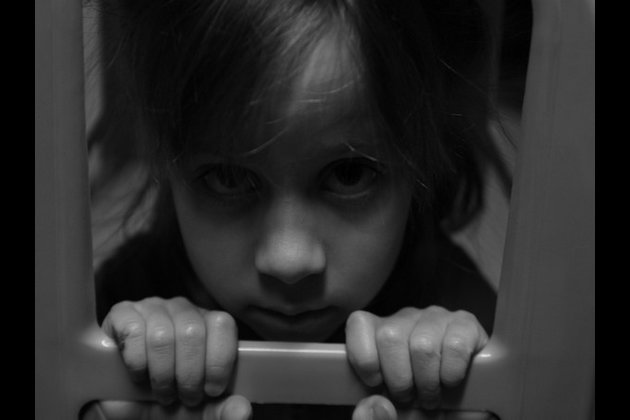Nature Knows and Psionic Success
God provides
Childhood trauma impacts brain development, accelerates puberty

Washington D.C. [USA], May 31 (ANI): While childhood is associated with making good memories, but for some, it is not the same. A new study reveals that children who grow up in poverty and face adversities are more likely to suffer impacts on brain development and behaviour. The study published in the journal JAMA Psychiatry, also indicates that these sufferings are also linked to accelerated puberty and brain maturation, abnormal brain development, and greater mental health disorders. "The findings underscore the need to pay attention to the environment in which the child grows. Poverty and trauma have strong associations with behaviour and brain development, and the effects are much more pervasive than previously believed," said lead author Raquel E. Gur. Researchers in the study compared the effects of poverty (L-SES) to those who experienced traumatic stressful events. The study incorporated 9,498 participants aged 8 to 21 years and found specific associations of socioeconomic status and traumatic stressful events with psychiatric symptoms, cognitive performance, and several brain structure abnormalities. The findings revealed that poverty was associated with a small elevation in the severity of psychiatric symptoms, including mood/anxiety, phobias, externalizing behaviour (oppositional-defiant, conduct disorder, ADHD), and psychosis, as compared to individuals who did not experience poverty. It was startling to note that the magnitude of the effects of stressful events on psychiatric symptom severity was unexpectedly large. The authors found that even a single traumatic event was associated with a moderate increase in severity for all psychiatric symptoms analyzed, and two or more events showed large effect sizes, especially in mood/anxiety and in psychosis. Additionally, these effects appeared to be more in females than in males. Both poverty and TSEs were associated with abnormalities across measures of brain anatomy, physiology, and connectivity. Poverty associations were widespread, whereas trauma was associated […]
Click here to view full article
